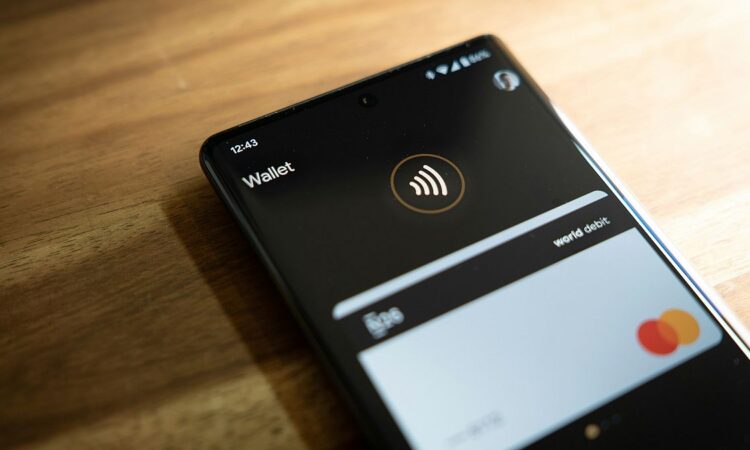
US payment giants Visa, Mastercard, PayPal, Apple and Google Pay are getting a new rival in Europe: it’s called Wero and it’s already available to some consumers in Germany and by the end of July in Belgium – how does it work and what are its features?
Wero is the result of years of work by the European Payments Initiative (EPI), a network of 16 European banks and financial institutions set up in 2021 to provide a single digital payment service for all businesses and citizens.
Based on systems such as the existing Payconiq and iDEAL, the digital wallet allows customers to transfer money with just a phone number, no IBAN required – with the novelty of gradually offering them the option to send money to other users in Europe.
“One of the main advantages of Wero – besides the ability to make international payments – is the speed with which you can easily send and receive money,” said a spokesperson for Belgium’s KBC, which is introducing the 24/7 system to its customers free of charge from the end of July.
The initiative responds not only to the need to make digital payments easier and instantaneous in the eurozone (which comprises 20 of the 27 EU member states), but above all to the bloc’s long-standing desire to achieve strategic autonomy in financial services.
To date, there is no pan-European digital payments solution.
13 of 20 eurozone countries don’t have a national card scheme and rely on international providers, which account for 64% of all electronically initiated transactions with euro area cards, according to European Central Bank estimates.
“The launch of an entirely European payment service like this has great potential to diversify the banking and payments systems which can bring benefits to consumers and those that are financially excluded,” a Brussels spokesperson for the campaigning organisation Positive Money told Euronews.
However, the organisation also stresses that the EPI remains a private initiative launched by private banking institutions and that it should not be seen as a replacement for public money, such as the European Central Bank’s forthcoming digital euro – designed as an alternative means of payment that can be used freely throughout the eurozone.
The European Consumers’ Organisation (BEUC) has also welcomed the initiative, while underlining that there is still work to be done to make it available to all consumers.
“For example, by providing payment cards, making sure that consumers are safe when shopping online by offering a charge-back mechanism and being able to use it in all EU countries, or at least the Eurozone,” Anna Martin, its financial services policy officer told Euronews.
In 2025 and 2026, Wero’s services will be enhanced with new features, including the ability to pay merchants online and on invoices via QR codes and other features such as buy now-pay later.
“We’re starting with person-to-person transactions, but Wero’s goal is to offer all types of payments through a single wallet, combining the simplicity, immediacy and security of banks,” said Martina Weimert, CEO of EPI, following the launch of Wero in Germany.
BNP Paribas, ING and Société Générale are among EPI’s 16 banks and financial institutions that will integrate this service into their banking applications in the second half of the year.
France will follow in the footsteps of Germany and Belgium this autumn, with the Netherlands and Luxembourg joining later in 2024.





